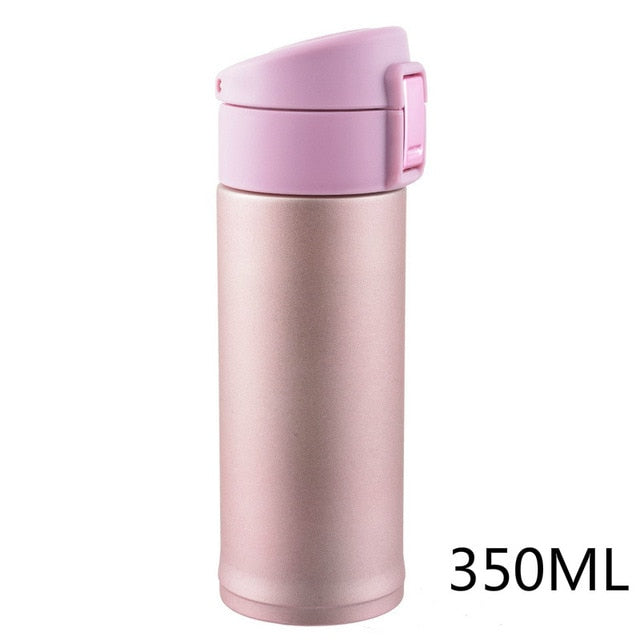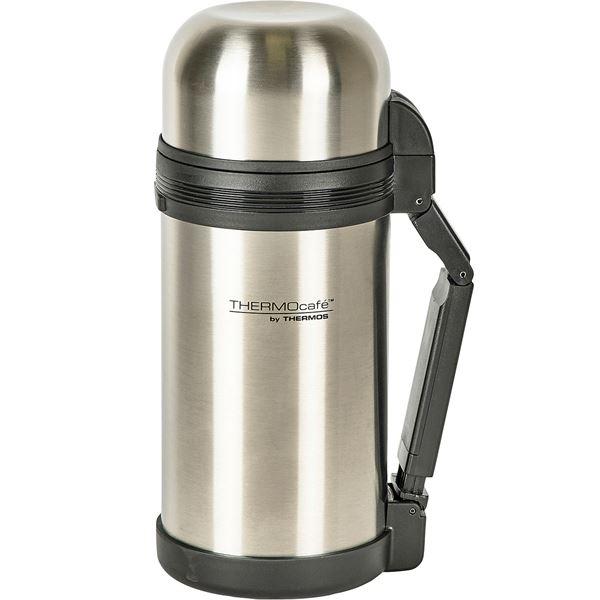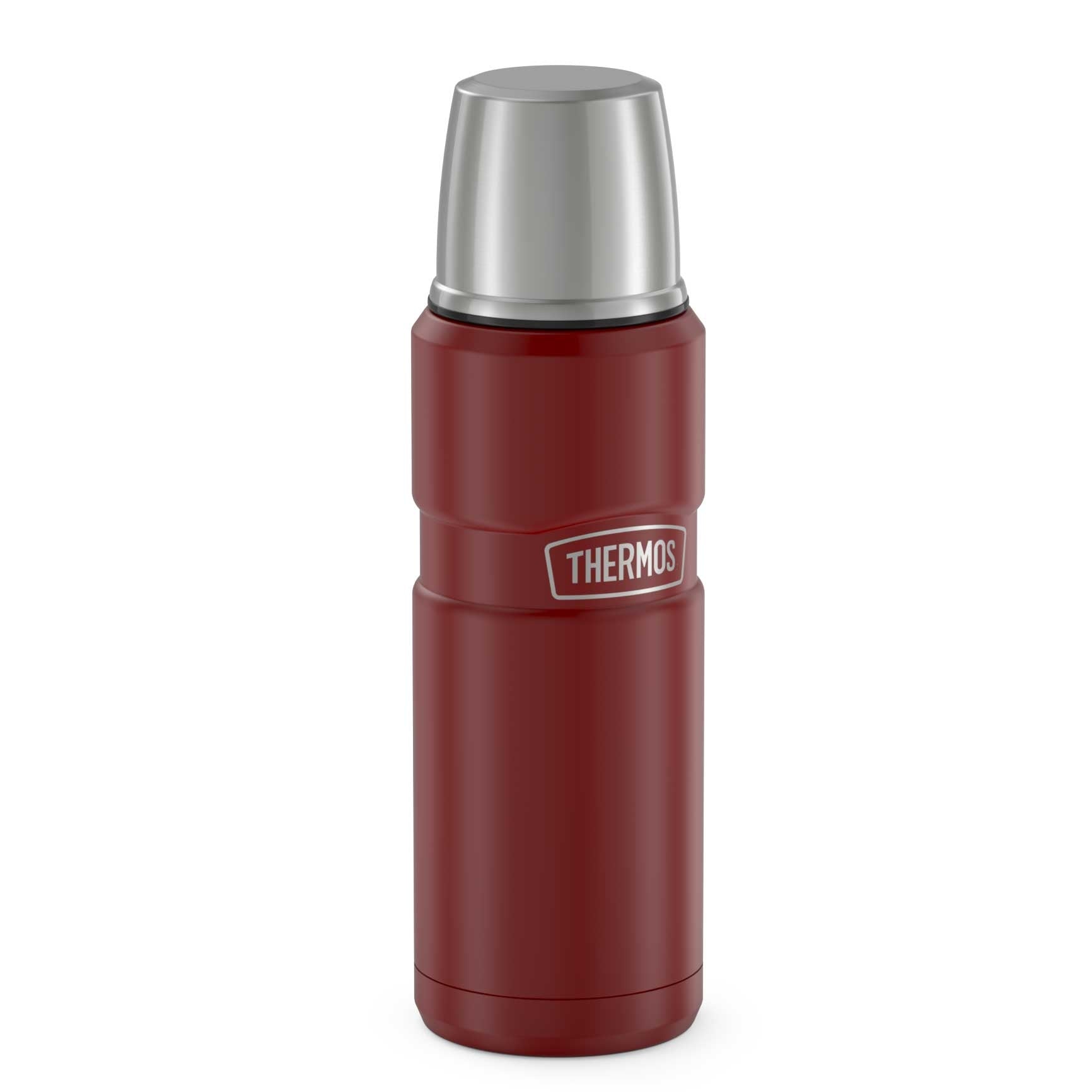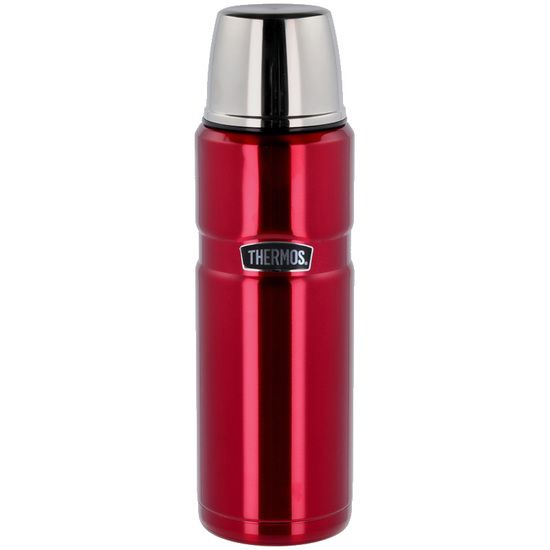
Mini Pink Termos Portable Belly Cup 270ml Cute Girls Thermos Water Bottle 304 Stainless Steel Tumbler Vacuum Flask Coffee Cup
Thermos 0.50l, Everyday S S Vacuum Insulated Flask-sbk Autostopper, termos - Grønn - Termos & Flasker | XXL

Amazon.com: THERMOS 4035.232.050 Ultralight Thermos Flask, Black, 500 ml, Extremely Lightweight, 210 g, Drinking Bottle, Dishwasher Safe, Thermos Flask Keeps Hot for 10 Hours, Cold for 20 Hours, BPA-Free: Home & Kitchen

Amazon.com: THERMOS FUNTAINER 10 Ounce Stainless Steel Vacuum Insulated Kids Food Jar with Spoon, Frozen 2 : Home & Kitchen

Amazon.com: Vacuum Insulated Bottle Coffee Thermos,41 Ounce,Thermos for Hot Drinks,Keep Liquid Hot or Cold 24 Hours,Thermos with Strap&Perfect Size Cleaning Brush,Portable,Bpa-Free Termos Para Cafe: Home & Kitchen

















